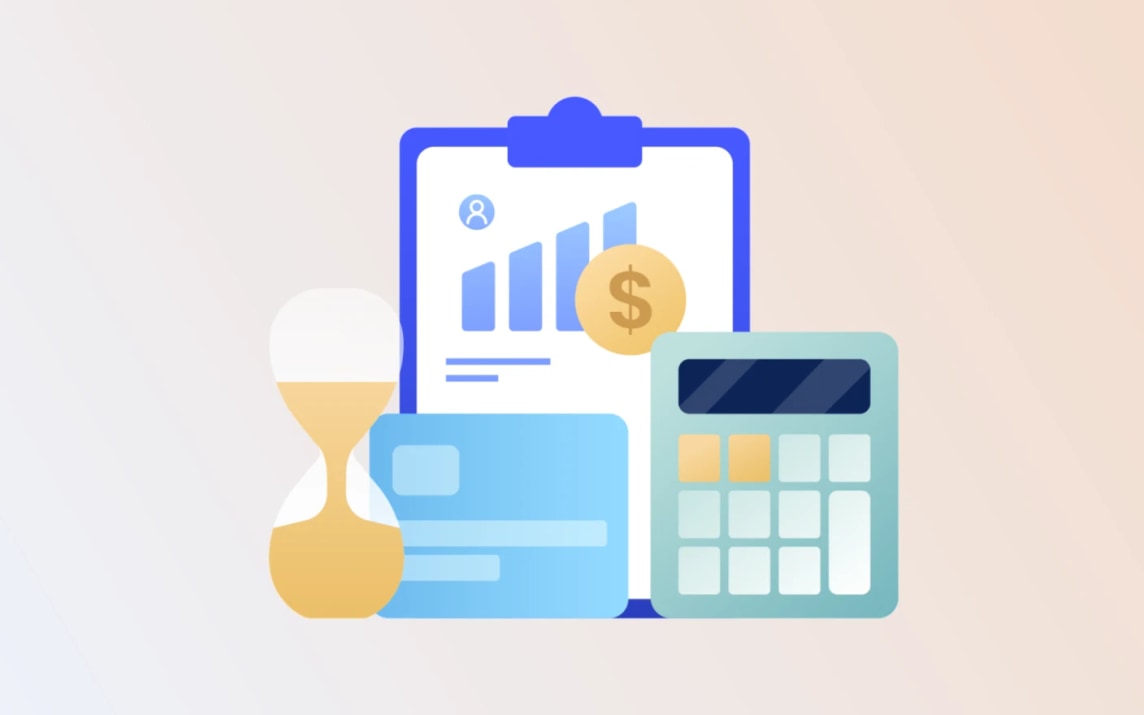Nevertheless, with strategic planning, you might be able to reduce stress and find ways to decrease your tax bill. Read on for seven ways you can set yourself up for success to ensure a smooth and happy tax season ahead.
1. Evaluate any challenges you encountered in the last tax season
Did you find yourself owing a considerable sum, or did you end up paying more than necessary? Were there potential deductions that slipped through the cracks, or ones that you could’ve utilized with appropriate documentation? If you worked with a seasonal tax preparer or have a relationship with a financial advisor, consider seeking their advice regarding strategies to reduce your future tax burdens.
2. Get ahead of organizing your documents
Put together a list of all the documents from the previous tax season, in addition to any new documents you may need while filing your upcoming tax return. Some important documents for tax preparation and planning may include, but are not limited to:
W-2 forms. If you’re a full-time employee, these show your annual wages and salary information from your employer.
1099 forms. These are the official documents that report your income from dividends, freelance work, or contract work.
Income statements. Any additional income statements — such as rental income — should be well-documented.
Receipts. Keep track of deductible expenses like medical costs, charitable donations, and business-related expenses. You could either keep physical receipts in a folder or scan them so that you can keep the files digitally.
Last year’s tax return. Having your previous year’s tax return can help you ensure consistency and will provide necessary information like your adjusted gross income (AGI).
3. Monitor your expenses throughout the year
The best way to organize your tax documents is to get into the habit of storing them in one place throughout the year rather than scrambling to find them before the annual April deadline. This encompasses a wide array of items including:
Home improvement receipts. Keep receipts for home enhancements that qualify for tax credits, such as solar panels.
Medical costs. Maintain records of medical costs covered by your health savings account (HSA), including prescriptions, doctor visits, out-of-pocket medical costs, or health-related purchases.
Documenting charitable donations. Receipts from charitable organizations can potentially provide valuable tax deductions.
Education expenses. Receipts for tuition, books, and educational supplies could lead to education-related tax benefits.
Home office expenses. If you’re self-employed, any receipts for costs related to a home office may be deducted.
By consistently monitoring these expenditures over the course of the year, you'll find it smoother to compile your tax return when the filing period arrives.
4. Review your tax withholding
If you received a large refund in the prior tax season, it might indicate an excessive withholding of funds from your paycheck. Conversely, if a significant payment was due when you filed your tax return, you might have to consider increasing your withholding. If you find yourself in either of these situations, we highly suggest speaking with your employer or consulting a tax expert to assess your withholding situation and implement any modifications as needed.
5. Contribute to retirement accounts regularly
Participating in retirement plans and accounts such as a 401(k) or IRA offers a dual advantage: it helps you save for your future retirement while reducing your tax obligations. The funds you contribute to these accounts are usually eligible for tax deductions, translating to lower current tax payments and a larger retirement fund.
6. Mark your calendar to check in with yourself
Plan some time during the last week of January to assess the documents you've gathered and identify which documents are still required. If you’re missing anything — such as a 1099 from a freelance project — you can reach out to see if they’ve been mailed yet.
Additionally, set up another appointment with yourself towards the end of February to systematically arrange all your tax-related paperwork. If you handle your tax preparation independently and have acquired all the necessary materials, you can get started on your tax returns anytime. But if you work with a tax preparer, you’ll have enough time to organize your documents and send it their way.
7. Work with a professional
If your taxes are more complicated than filing a simple W-2, teaming up with a pro who knows the ins and outs of the tax code could be an ideal strategy for reducing stress during tax season. Your financial advisor or tax expert might even help you find more ways to shrink your tax bill before the end of the year. Staying organized gives you a good shot at obtaining any tax breaks or deductions that come your way!


